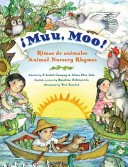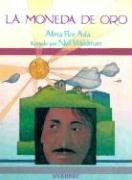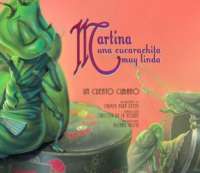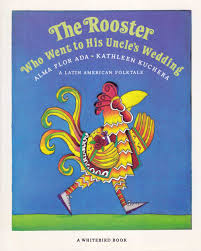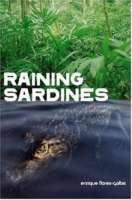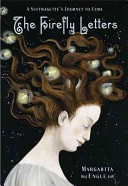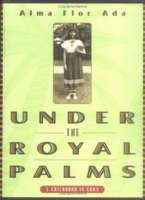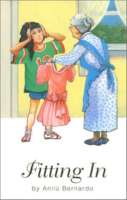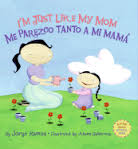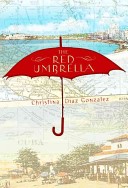
The Red Umbrellais the moving tale of a 14-year-old girl’s journey from Cuba to America as part of Operation Pedro Pan-an organized exodus of more than 14,000 unaccompanied children, whose parents sent them away to escape Fidel Castro’s revolution. In 1961, two years after the Communist revolution, Lucecita Aacute lvarez still leads a carefree life, dreaming of parties and her first crush. But when the soldiers come to her sleepy Cuban town, everything begins to change. Freedoms are stripped away. Neighbors disappear. Her friends feel like strangers. And her family is being watched. As the revolution’s impact becomes more oppressive, Lucecita’s parents make the heart-wrenching decision to send her and her little brother to the United States-on their own. Suddenly plunked down in Nebraska with well-meaning strangers, Lucecita struggles to adapt to a new country, a new language, a new way of life. But what of her old life? Will sheeve see her home or her parents again? And if she does, will she still be the same girl? The Red Umbrellas a moving story of country, culture, family, and the true meaning of home.

